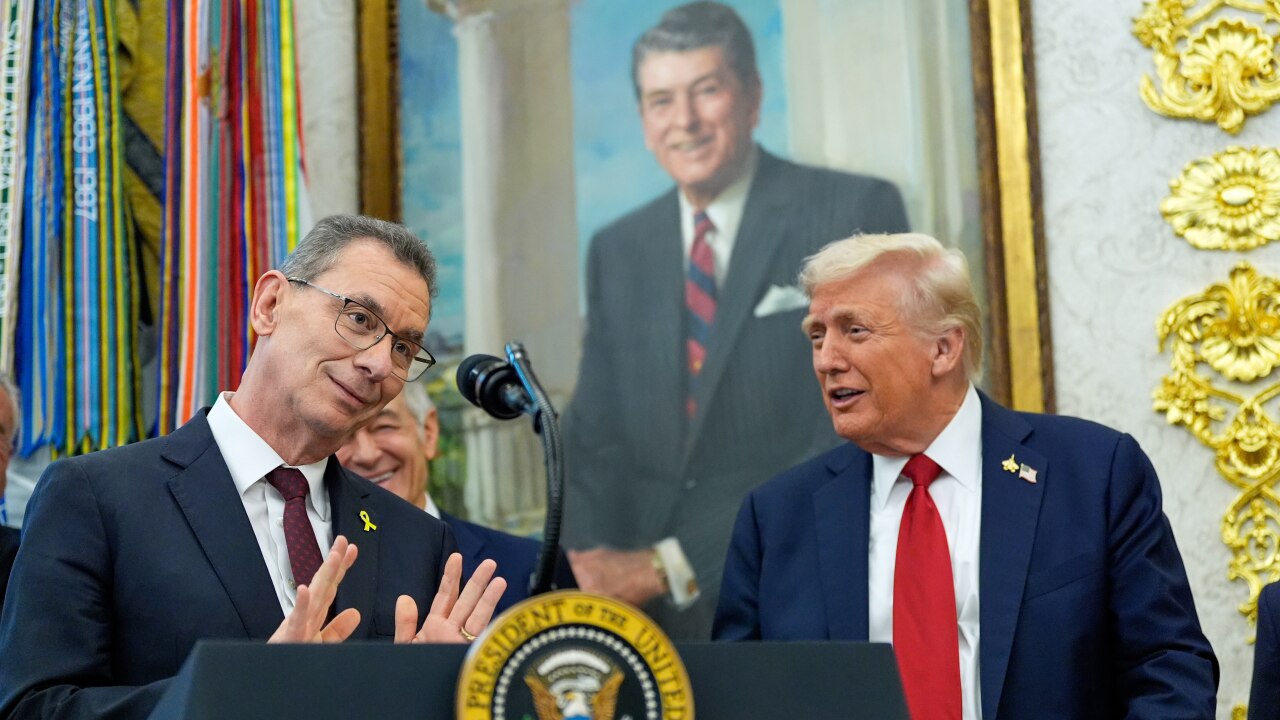The 100% tariffs on some imported drugs have been delayed.
President Donald Trump threatened to impose the tariffs on brand-name or patented drugs last week. He said the tariffs would not apply to drugmakers that are building manufacturing plants in the U.S.
The tariffs were set to go into effect Wednesday, but a White House official said they will not be levied while the administration evaluates companies’ proposals to reduce prices and increase U.S. manufacturing.
A White House official told Scripps News that "President Trump is wholeheartedly committed to lowering drug prices for Americans and will not hesitate to utilize tariffs to do so.”
Brand-name drugs already cost three to four times more in the U.S. than in other developed countries. Even generic drugs, which are more likely to be imported from Europe, could see price increases if the tariffs are enacted.
RELATED STORY | Trump to put import taxes on pharmaceutical drugs, kitchen cabinets, furniture and heavy trucks
In May, Trump signed an executive order mandating that drugmakers provide “most favored nation” pricing. At the end of July, he sent letters to 17 manufacturers demanding they lower drug prices by Sept. 29.
Earlier this week, Pfizer said it reached an agreement with the Trump administration to lower prices.
Under the agreement, New York-based Pfizer will charge most-favored-nation pricing to Medicaid and guarantee that pricing on newly launched drugs, Trump said. That involves matching the lowest price offered in other developed nations.
A study published earlier this year by the Johns Hopkins Carey Business School said that tariffs would likely lead to branded manufacturers to relocate some of their operations to the U.S., however, generics would still likely be imported due to costs.
The study indicated that prices on both generics and name-brand drugs would go up as a result of tariffs.











